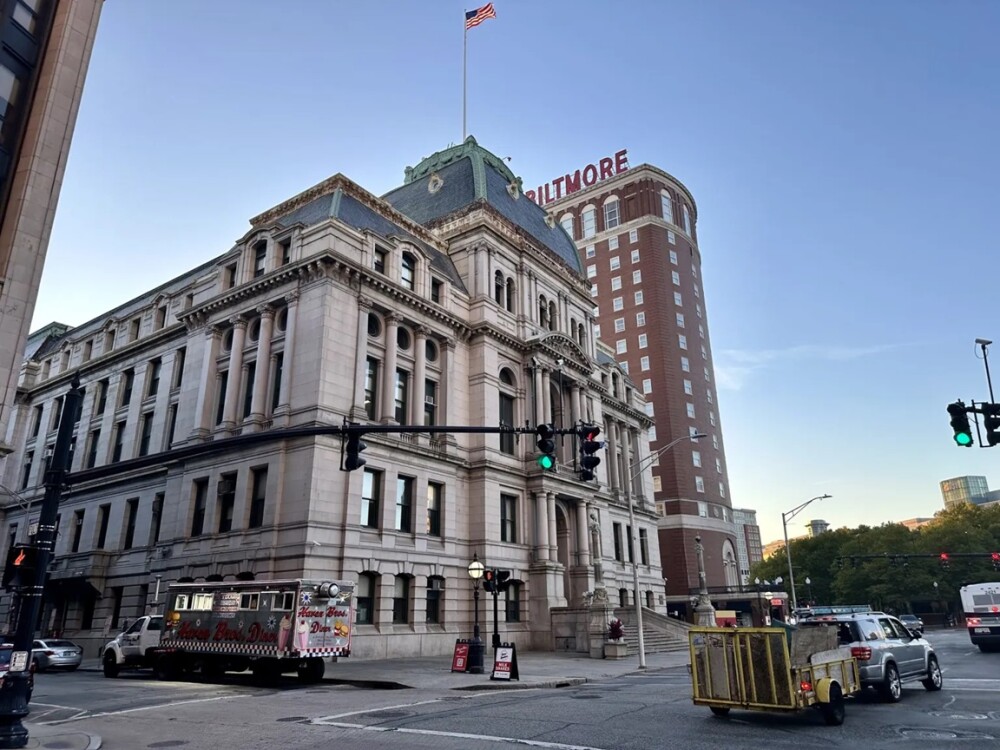Providence City Council’s Ordinances Committee approved an amended version of the city’s comprehensive plan on Oct. 21. A comprehensive plan lasts for 10 years and determines what can be built and where.
In recent weeks, the committee revised the plan to include more stringent measures to fight against climate change and pollution, but removed some of the strongest language last week after Mayor Brett Smiley threatened to veto the measure.
The result is a new comprehensive plan with softer pollution measures in the city’s industrial districts, which drew the ire of many activists in the room during the meeting.
Julian Drix, the chairperson of the city’s sustainability committee, said the new measures are a step in the right direction but do not go far enough.
“It’s a complicated, mixed bag. I wouldn’t say that I necessarily oppose all of it,” Drix said, adding that he found developments in the last few weeks “confusing.”
Previously, the committee amended the comprehensive plan to prohibit a laundry list of specific polluters in the zoning district that includes the Port of Providence, some of which are known to cause conditions like asthma — a common complaint of residents in nearby neighborhoods like Washington Park.
This story was reported by The Public’s Radio. You can read the entire story here.







